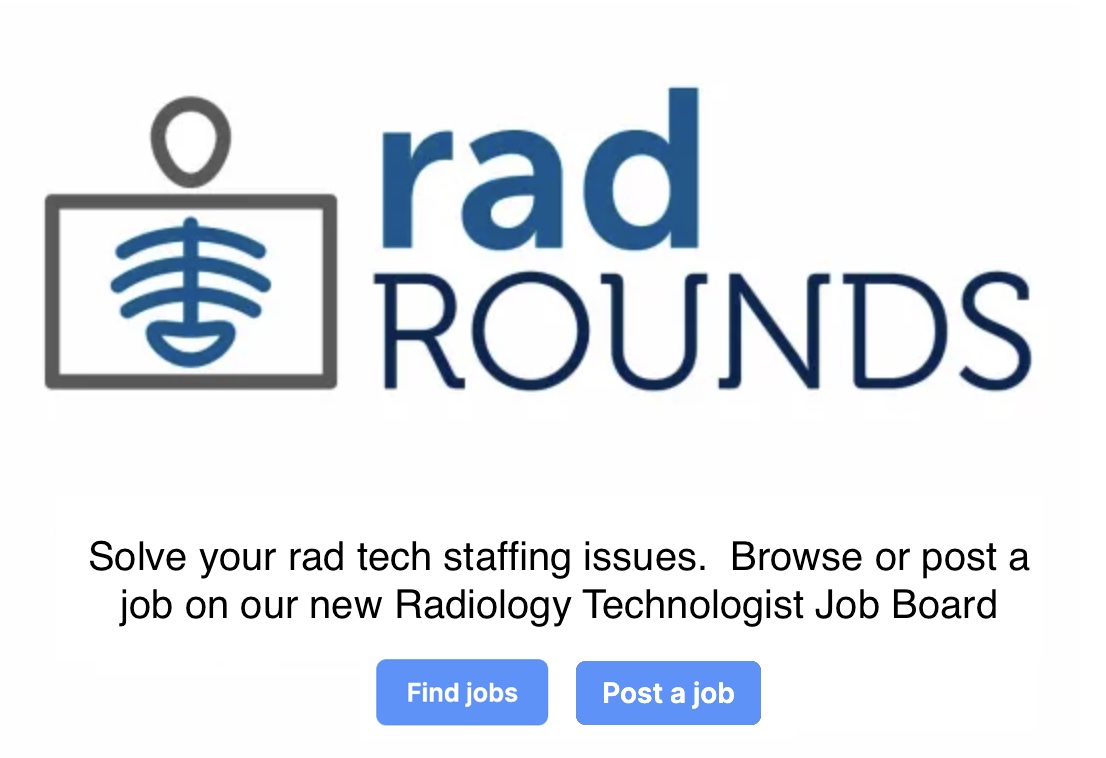At the University of Missouri School of Medicine, patients can now undergo MRIs while being able to breathe normally thanks to the institution’s new program Heart Speed.
An MRI takes around 90 minutes to conduct and can be difficult, tiring, and tedious for patients. In order to capture a clear, single image, patients need to hold their breath consistently. For patients with lung conditions that means undergoing an MRI can be especially challenging.
Created by Robert Thomen, PhD, assistant professor of radiology and bioengineering, and pediatric radiologist Talissa Altes, MD, Heart Speed is a data analysis software that digests information from magnetic resonance images. It separates breathing activity from heart motion and enables radiologists to get an accurate depiction of the heart while the patient is breathing normally. The ultimate objective of Heart Speed is to accelerate the time it takes to perform an MRI down to around 15 to 30 minutes, since patients won’t have to spend time holding their breath. The technology will be available in clinical settings around 2024.
“Patients will benefit because it will be easier for them to do the exam,” said Dr. Altes. “Hopefully the radiologist who reads it or the cardiologist who reads the MRI will benefit because the images will be much better.”













